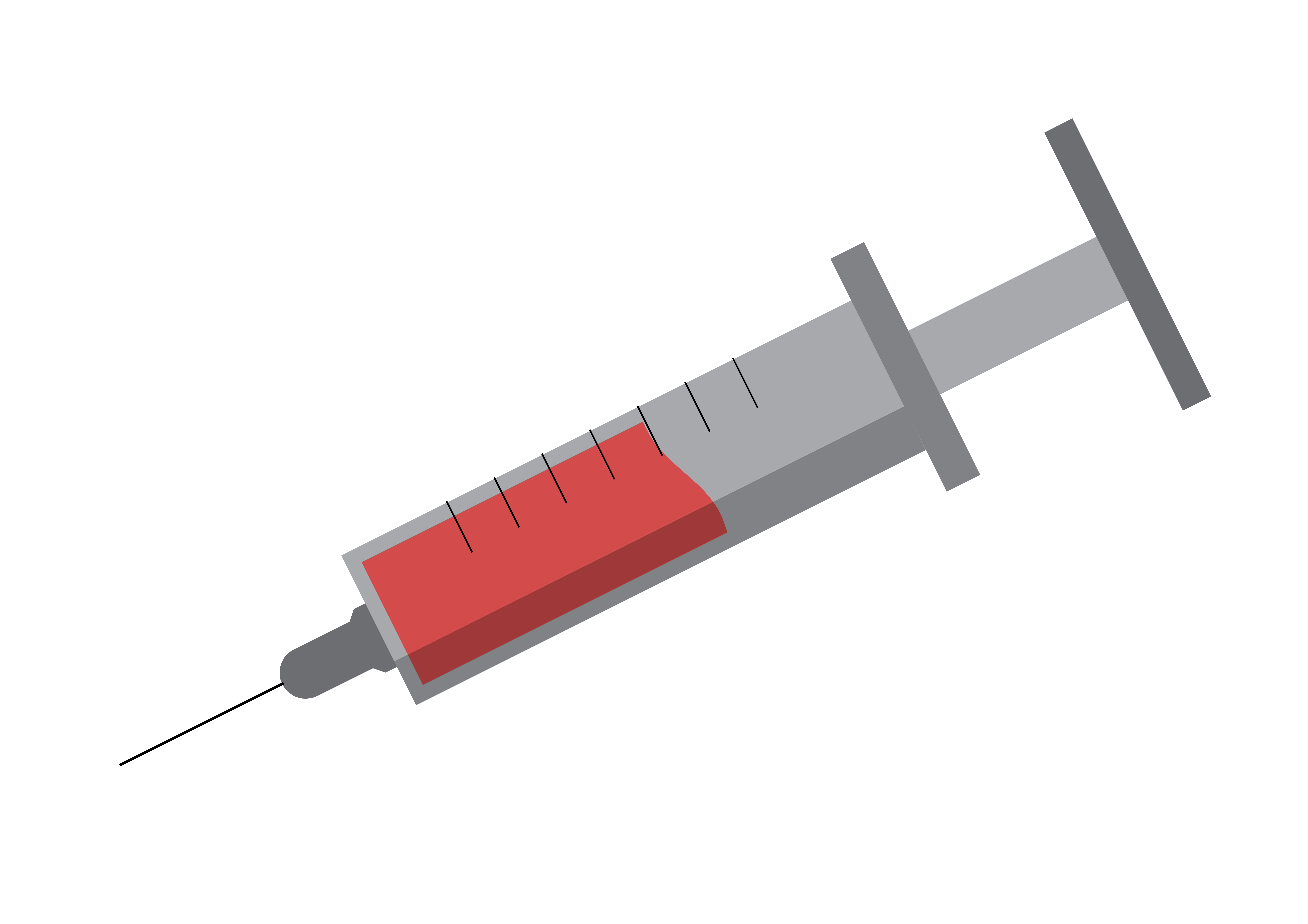Science Philanthropy / Weizmann Institute of Science
Novel diagnostic for the detection of Coronavirus antibodies
Background
Hundreds of different Coronaviruses (CoVs) are known, primarily infecting mammals and birds in a host specific manner [1]. Four types of CoVs have been endemic to humans, causing mild symptoms (common cold) [1,2]. However, zoonotic transmissions of animal CoVs to humans can lead to severe respiratory illness [2]: In 2003, SARS-CoV (severe acute respiratory syndrome) originating from bats infected 8,098 people, causing 774 deaths. In 2012, MERS-CoV (Middle-East respiratory syndrome) originating from camels infected 2494, costing 858 lives.
The unprecedented outbreak of SARS-CoV-2, the virus that causes COVID-19, has led to more than 445 million infections and close to 6 million deaths (as of 07.03.2022). SARS-CoV-2 also originates from bats.
Current CoV diagnostics are either focusing on detecting genetic material (RT-qPCR) or on immune responses against surface structures (proteins) of the CoV [3]. Yet, only one out of 27 predicted proteins that make up the SARS-CoV-2 virus is being studied intensively with conventional ELISA methods [2].
Our hypothesis is that studying antibody based immune responses against all CoV proteins of hundreds of strains at high resolution will improve diagnostic capacity, provide epidemiological insights into the population wide spread of SARS-CoV-2, and will allow to mine for novel vaccine targets to increase preparedness for potential future outbreaks.

Goals
Seerave Foundation is supporting the development of novel diagnostics to study immune responses against Corona viruses (CoVs).
This work will be performed by the lab of Prof. Eran Segal at the Weizmann Institute. Relying on next generation sequencing and samples from both infected and healthy individuals, this approach will shed light on population wide immune responses against CoVs.
Thereby insights into shared immune responses and spread from asymptomatic carriers will be gained.
The aims of this project are to perform:
- High resolution serotyping of CoVs.
- Epidemiological monitoring of the current outbreak.
- Identifying potential novel vaccine targets.
This platform could also increase preparedness for future CoV outbreaks and similar zoonotic transmissions.
Team
Segal Lab

Eran Segal
Principal Investigator

Thomas Vogl
Fellow